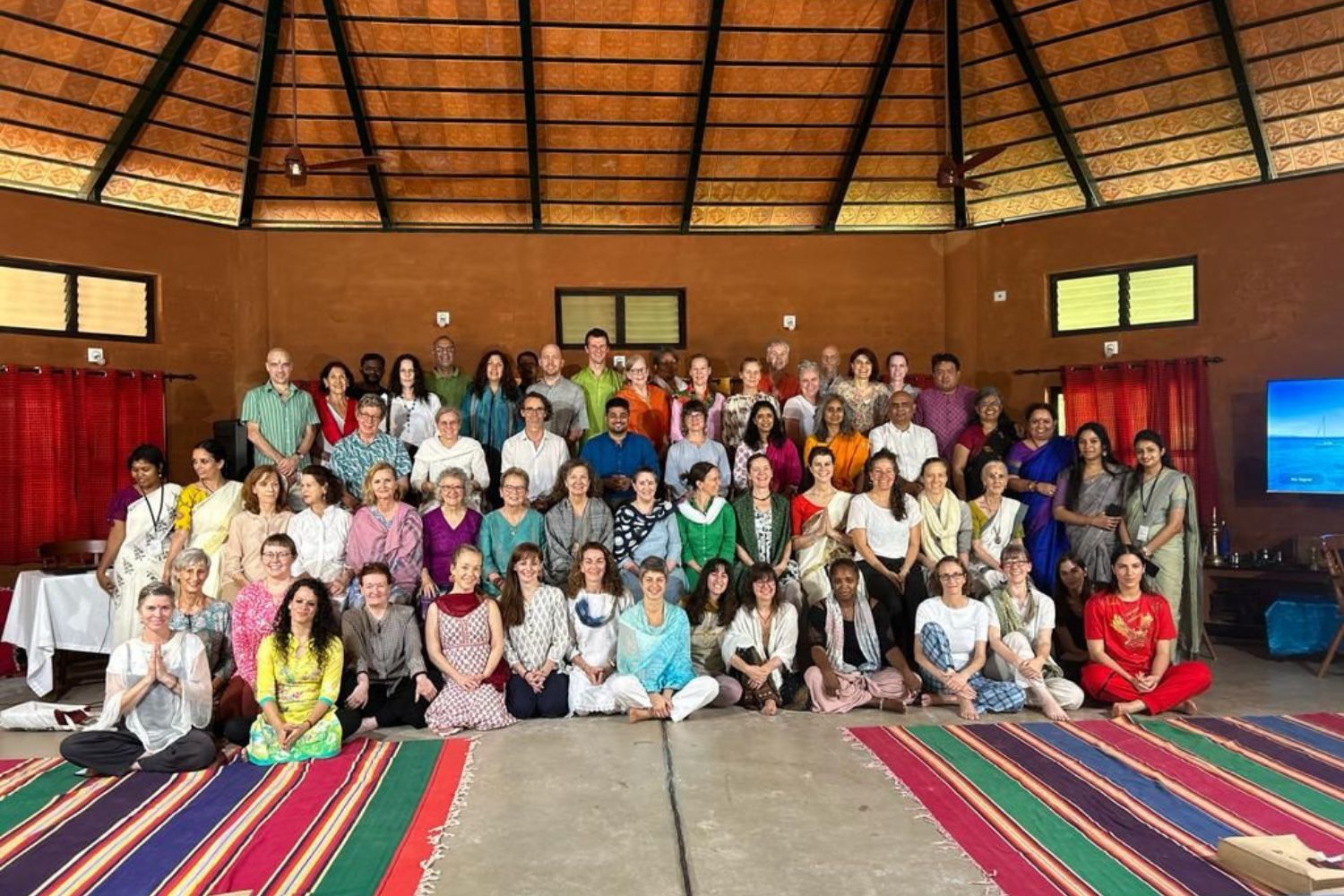Core Curriculum: Ayurveda
[note to satsangam team: please incorporate changes/comments/additions on this page:
https://docs.google.com/document/d/1vkuoz2ci4nxPBMXZ3qbuVRK7mAmpiyDbtOQHuIbabms/edit?usp=sharing ]
In this multi-media course, Dr. Robert E. Svoboda and Dr. Claudia Welch present an in-depth exploration of the foundational language, principles and concepts of Āyurveda; including perspectives on how our bodies and minds are structured, organized, nourished and operate, and how to cultivate diagnostic ability. You will have weekly xxx? live discussion groups with Emily Glaser RNxxx?, to help more deeply understand and assimilate the course material, and to support each other to incorporate the material in practical ways in your life.
If you are able to fully understand and digest this course, it is comparable to a semester of Āyurvedic in-person training and prepare students to incorporate Āyurveda concepts and practices into a yoga practice, an established medical practice, or to go on to pursue clinical study in Āyurveda.
While a couple decades ago, it was hard to find any information on Āyurveda in the West at all, today we face a different challenge. There are so many Āyurvedic educational resources that it can be daunting to find ones we trust to be accurate, authentic, and well-organized. It took years for Drs. Svoboda and Welch to obtain, assimilate, practice, and organize this knowledge in a manner that the Western mind may readily grasp. The potency of this course lies in its enlivened, organized, concise delivery of in-depth, authentic information and knowledge, based in rich experience.
Dr. Claudia Welch and Dr. Robert Svobodaxxx combined have more than half a century of practicing and teaching Āyurveda. They have taught introductory, advanced, and clinical material. They have taught students with no prior knowledge of Āyurveda as well as advanced students and practitioners. They have taught students with no prior medical training and have taught MDs. In this course, they present material that is essential for anyone who chooses to pursue more advanced Āyurvedic studies. And you can learn at home, in your pajamas if you like, on your own schedule, without the disruptive physical, emotional and financial costs of traveling elsewhere to study.
If you are a student in the US and would like to use our Foundations of Ayurveda courses as part of your education towards NAMA or other certification, the option available is to take this course and then go on to complete your other requirements through an institution we’ve partnered with that will accept our credits as transfer credits. If you would like a list of these partner institutions, kindly contact usxxx. We’ve listed more information on licensing and certification possibilities herexxx.
Please note: While you can also take the pre-recorded section of this course as two separate courses (Foundations of Ayurveda Parts I & II) on www.DrClaudiaWelch.com, Satsangam exclusively offers the two courses combined, with live weekly support here, in full cooperation with Drs. Svoboda and Welch.
Core Curriculum: Yoga
Satsangam is committed to offering a range of authentic teachings on this vast subject and our core curriculum on Ayurveda includes a course on Hatha Yoga with Scott Blossom. Yoga, being one of the ṣāḍarśana– the six major philosophical systems of India, lends its “darśana” or vision of life to many, if not all, the arts (kalās) and sciences (vidyā) and they mutually reinforce and illuminate each other on many levels.
Hatha Yoga, of which texts are estimated to have emerged around 1200 C.E., elevates the human body as a temple for spiritual alchemy. From this view, enlightenment is a whole body experience. ãsana, breathing practices, and mudras work together to purify both the body and one’s awareness to cultivate a “diamond” (vajra) body of light and sound vibration. These practices accomplish this by balancing and directing the flow of the vital force (prāna) in both the gross physical (sthūla) and subtle (sūkṣma) “bodies” (śarīra) of our being.
Both Hatha Yoga and Ayurveda prioritize cultivating prāṇa to promote a state of physical and mental health. Ayurveda provides the medical and lifestyle guidance to establish this balance within our physical bodies, minds and with the natural world, and this harmony is considered foundational for the practice of Hatha yoga which focuses on developing our subtle body. Living a wholesome lifestyle, eating a balanced diet, and practicing yoga ãsana, prāṇāyāma, and meditation are the principle means for achieving this.
Scott, who has been teaching about the integration of Hatha Yoga and Ayurveda for more than twenty years, presents the teachings on yoga practices in a way that is coherent with the teachings on Ayurveda so students can digest and integrate the material within the larger context of the Core Curriculum.

